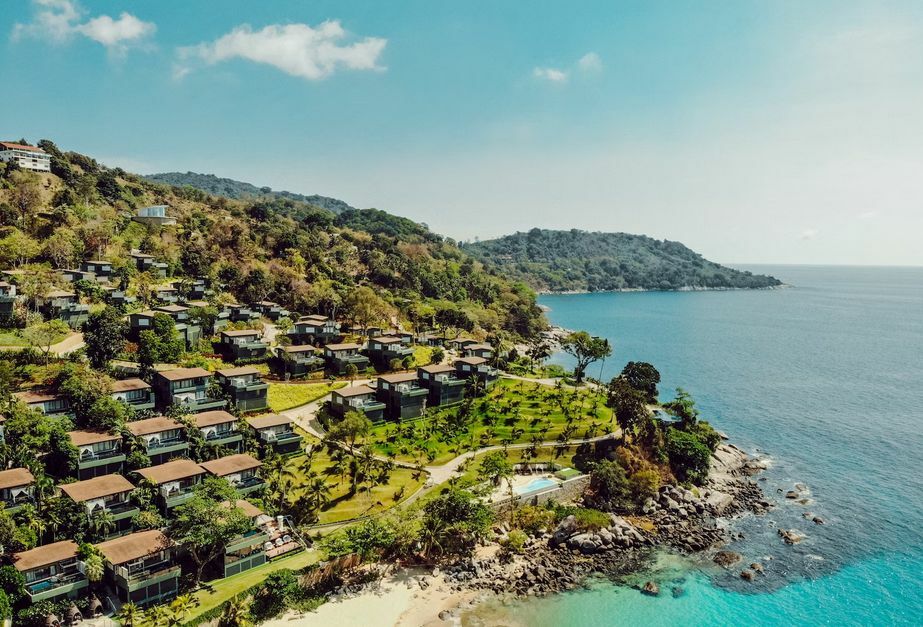Phuket continues promotion as timeless destination to boost tourism

Championed by the Tourism Authority of Thailand‘s (TAT) local office, Phuket is set to continue its promotion as a timeless destination, void of an official low season.
Director Lertchai Wangtrakuldee confirms this strategy following the significant triumph of last year when the resort province achieved its arrival and revenue targets ahead of schedule.
By the end of November, the visitor count had surpassed 10 million, contributing a staggering 330 billion (US$9.5 billion) baht to the local economy, said Lertchai.
“We’ll repeat what we succeeded in doing last year which is to make the province free of a low season. The number of arrivals slightly dropped in September last year. Visitors streamed into the province after April which is typically the start of the low season.”
The tourism office plans to sustain this strategy, targeting tourists from Taiwan, Hong Kong, Malaysia, Singapore, and Vietnam during the perceived low season, which commences around May. Concurrently, they aim to retain visitors from Russia and Kazakhstan, reports Bangkok Post.
“We will keep the market diverse without relying on a single country to avoid any repercussions if something untoward happens. We also plan to send long-stay tourists to nearby provinces like Phangnga and Krabi.”
Community tourism is set to be encouraged amongst cruise ship arrivals, students attending short language courses in Phuket, and Chinese tourists, who usually prefer travelling solo or in small groups as opposed to group tours.
Over the new year holiday, Phuket played host to over 250,000 visitors, resulting in an exchange of more than 8 billion baht (US$231 million). The visitor count matched expectations, with around 70% of foreign travellers, arriving on direct flights.
The highest influx of tourists, with a daily count of 4,000 to 5,000, were from Russia, with China, India, Australia, and the UK following closely.
Lertchai emphasised the diversity of the market, highlighting its non-reliance on a single country.
The average occupancy rate was 82%, with some hotel operators witnessing a three-fold increase in revenue compared to pre-Covid levels in 2019.
He noted that while bookings were not at full capacity, the tourism revenue still achieved its target, which proved beneficial for the province as over-tourism could lead to traffic congestion and a marred atmosphere.
Lertchai revealed that Phuket is primed for a host of events scheduled until April.
Latest Thailand News
Follow The Thaiger on Google News:


























